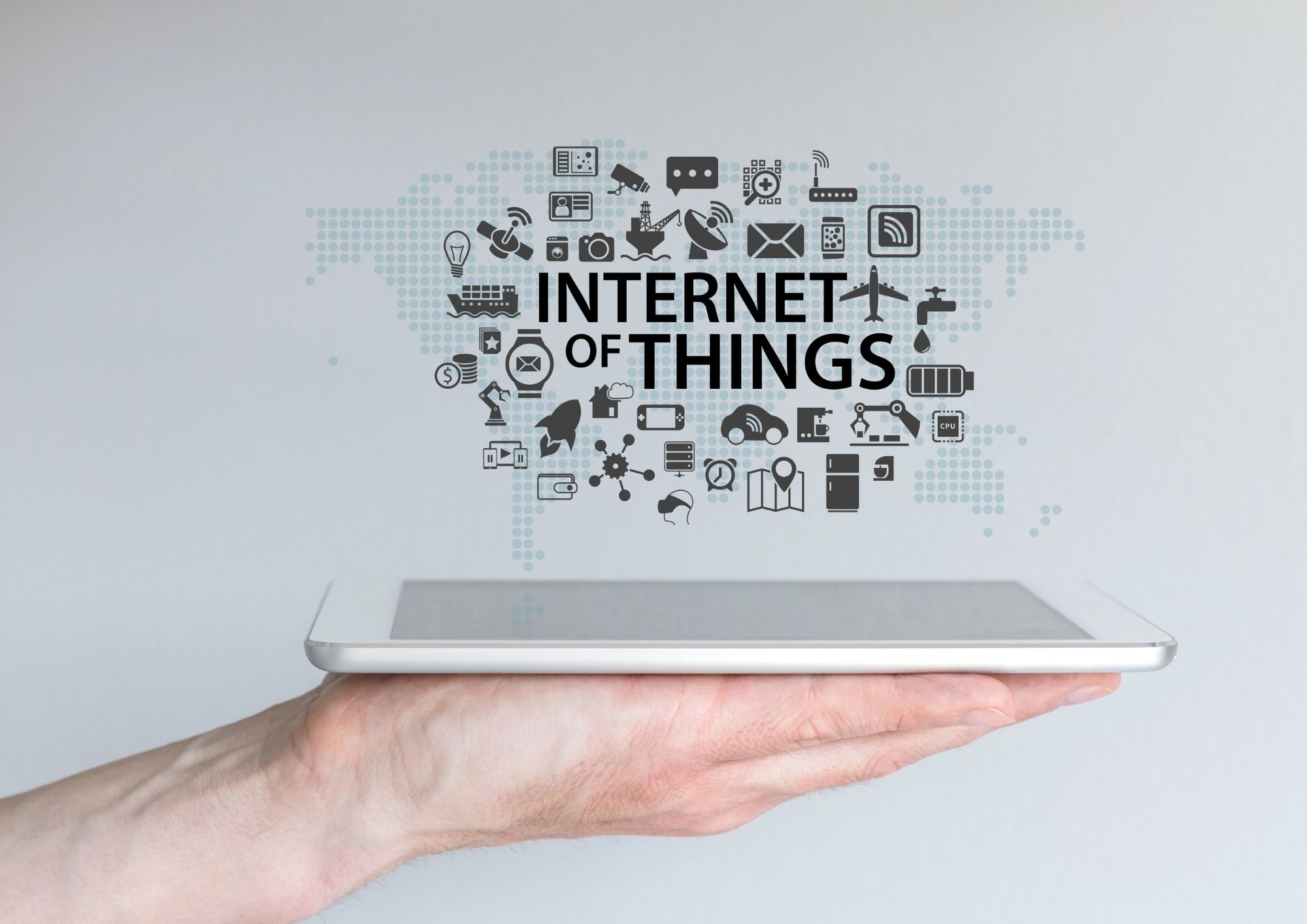The Internet of Things (IoT) and smart devices have emerged as critical components of digital transformation initiatives.
As businesses seek to capitalize on the vast potential of connected devices, IoT has become an indispensable tool in streamlining operations, enhancing customer experience, and driving innovation.
This blog post delves into the role of IoT and smart devices in digital transformation, providing facts, figures, and examples that illustrate their impact on various industries.
IoT Market Growth and Projections
The IoT market has experienced rapid growth in recent years.
According to a study by Fortune Business Insights, the global IoT market size was valued at $250.72 billion in 2019 and is projected to reach $1,463.19 billion by 2027, growing at a CAGR of 24.9% from 2020 to 2027.
This rapid expansion demonstrates the increasing importance of IoT and smart devices in digital transformation initiatives.
As businesses continue to invest in IoT technologies, they can expect to reap the benefits of improved operational efficiency, cost savings, and increased revenue.
Improving Operational Efficiency
IoT and smart devices play a critical role in streamlining operations, particularly in manufacturing and logistics.
For example, IoT-enabled sensors can monitor equipment performance in real-time, enabling predictive maintenance and reducing downtime.
In 2018, McKinsey reported that predictive maintenance could reduce maintenance costs by 20% and extend the life of equipment by 20%.
Example: Siemens, a global technology leader, implemented an IoT-based system called Mindsphere to monitor and optimize its factory operations.
This system enabled Siemens to reduce production lead times by 50% and achieve a 99.99885% success rate in delivering products on time.
Enhancing Customer Experience
IoT technologies can also significantly enhance customer experience by providing personalized, seamless, and convenient interactions.
Smart devices enable businesses to gather data about customer preferences and habits, allowing them to tailor their products and services accordingly.
Example: In the retail industry, smart shelves equipped with IoT sensors can monitor inventory levels in real time, ensuring that products are always in stock.
Amazon Go stores utilize this technology, allowing customers to shop without waiting in lines for checkout, leading to a smoother and more enjoyable shopping experience.
Driving Innovation and New Business Models
IoT and smart devices have the potential to revolutionize industries by enabling innovative business models and disrupting traditional processes.
As a result, companies can create new revenue streams and capitalize on emerging market opportunities.
Example: In the automotive industry, Tesla has leveraged IoT technology to develop its electric vehicles and autonomous driving systems.
By integrating smart devices into their cars, Tesla has created an entirely new market for connected vehicles, reshaping the future of transportation.
Summary
IoT and smart devices have the potential to revolutionize industries by enabling innovative business models and disrupting traditional processes.
As a result, companies can create new revenue streams and capitalize on emerging market opportunities.
Example: In the automotive industry, Tesla has leveraged IoT technology to develop its electric vehicles and autonomous driving systems.
By integrating smart devices into their cars, Tesla has created an entirely new market for connected vehicles, reshaping the future of transportation.
Thank you for reading our blog, we hope you found the information provided helpful and informative. We invite you to follow and share this blog with your colleagues and friends if you found it useful.
Share your thoughts and ideas in the comments below. To get in touch with us, please send an email to dataspaceconsulting@gmail.com or contactus@dataspacein.com.
You can also visit our website – DataspaceAI


